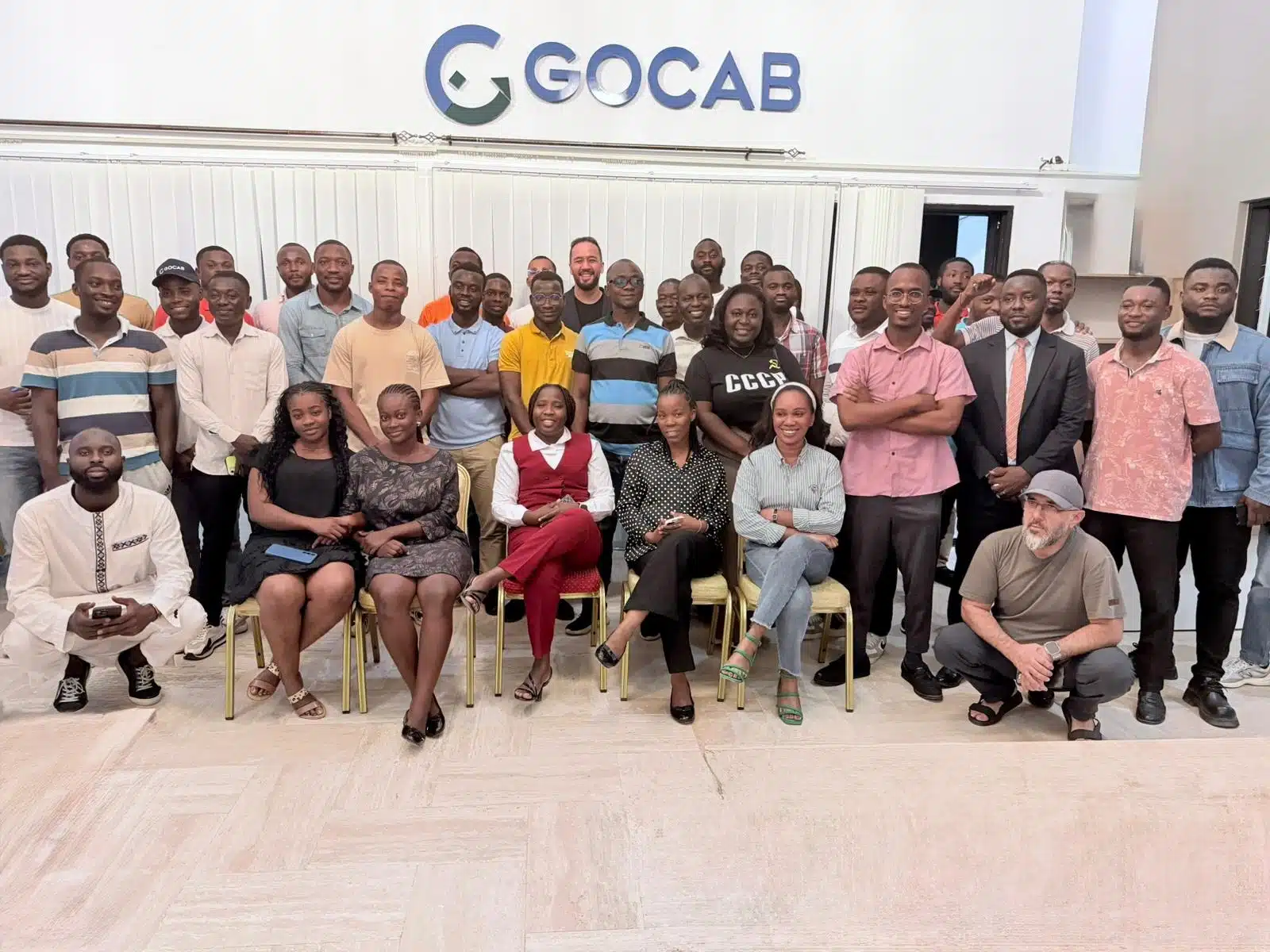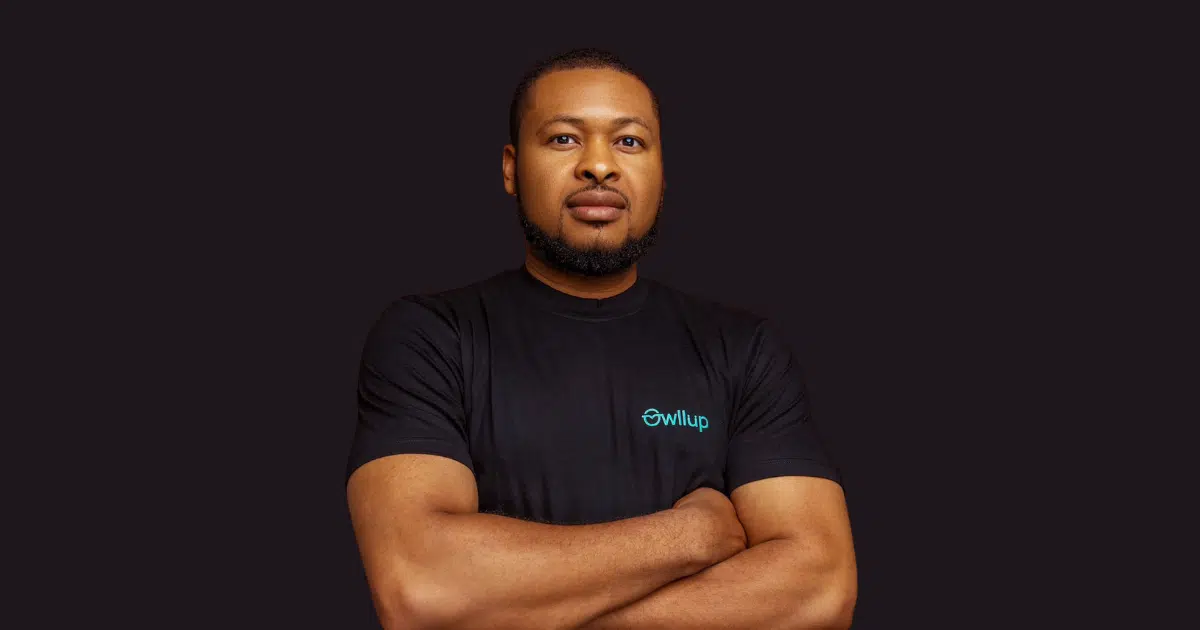Despite the successes recorded by African startups in recent years, there’s still a sense in some quarters that they could do more to solve local problems. With a funding slowdown putting many out of business, doubts have also resurfaced over the stability of these startups, independent of external funding.
Launched in 2024, Innovate Africa Fund is an angel fund that says it wants to fund entrepreneurs solving Africa’s wicked problems. In doing this, it leverages the years of product-building experience garnered by its founders to help startups identify the most pressing needs that guarantee financial returns.
In this conversation, Managing Partner Kristin Wilson discusses what it takes to build meaningful, scalable ventures in Africa. From the traps founders fall into to the crucial role of structured funding and resilience, she provides an honest take on what is required to build lasting ventures on the continent.
Innovate Africa Fund focuses on wicked problems. How do you define them, and why aren’t more startups tackling them?
I think the reason we don’t have a lot of ventures tackling big problems is that they’re hard to solve. So what’s a wicked problem? A wicked problem is a complex, persistent, and painful problem.
It’s the kind of problem that when it’s described, everyone agrees it’s a problem. I’ll give you a non-traditional example. Traffic in Lagos. It’s an extremely painful problem, and I’m sure that nobody will disagree with you that it’s a problem. Wicked problems are painful, and they cause disruptions to our lives.
Going by your definition, do you believe tech, and in this case, software, can solve most of these problems?
At Innovate Africa Fund, we believe that technology ventures that are tackling wicked problems are innovative at heart. What we often see is that startups skirt around these wicked problems, so tackling them leveraging technology is the innovation. It’s problem-solving. It’s addressing real pain points. It’s scalable and all the fun things that we like about technology. But to flesh it out more, when we say technology, we actually don’t just think about it as software, but technology more widely.
Despite the success of African startups, major infrastructure issues persist. Why is this, and is there an unrealistic expectation for tech startups to solve them?
I don’t think tech startups are victims of anything. If anything, I would argue that tech startups actually enjoy a privilege. We often think of tech startup founders as somehow smarter, more charismatic, and more entrepreneurial. We give them more perks. You’ve been building your startup for three years; you don’t have any revenue, but we’re still calling you an entrepreneur.
I would say that we actually give them a long leash, and we give them that long leash because, either implicitly or as a function of PR, we’ve accepted that it’s a hard problem to solve. But to whom much is given, much is expected, and they are given much, so I definitely don’t think that there is an undue burden.
How can founders tell if they’re solving a root problem and not just a temporary symptom?
That’s where falling in love with the problem comes into play. We ask our founders to fall in love with the problem so that they understand the depth and the dimensions of the problem and can help us understand all of those layers.

Victoria Fakiya – Senior Writer
Techpoint Digest
Make your startup impossible to overlook
Discover the proven system to pitch your startup to the media, and finally get noticed.
Because if you truly get at the heart of the problem, then you know whether it’s superficial or there’s something really there.
How important is domain expertise for founders in the sectors they want to build in?
Domain expertise is actually important. There are two things that have come up as even more important since we launched in July. Emphasising the need for that domain expertise is one of them. As we engage with founders, one thing that keeps us from moving forward with them is that we realise they don’t have that expertise.
The other thing that has become more important for us is the grit of the founders. We knew that that would be important, but I think we’ve really realised how much that courage bit matters. Even for us, one of the things we realise is that the founders we like the best are those who react well to us saying no, often repeatedly.
Most of our founders right now have heard, “No, this is not clear enough,” and have returned to help us fall in love with the problem.
How do you evaluate a team’s ability to execute quickly and effectively on the strategies a startup comes up with?
That’s where we look at domain expertise and why we try to prioritise repeat founders or people who come from academia or industry. There will be founders building their first startups who will be exceptional enough for our first investment, but generally, we solve for these things by looking at what they’ve done previously — not necessarily as entrepreneurs but in industry.
What are some traps you see African startups falling into?
I think a lot of ventures definitely drink that Kool-Aid of “I’m so awesome; we’re doing this really incredible, amazing thing,” and they forget to validate their ideas with real users, real buyers.
If you think about the startup experience, it’s a bit of a tightrope you’re walking because you are selling to different kinds of stakeholders.
You want to sell the most exciting and compelling version of the dream to your investor, which requires positioning in a very specific kind of way, but if you start to believe the story you spun your investor without actually validating it with your customer, then you’re at risk.
So I think that that is a very common trap. Startups keep pushing, thinking that the story the investor is eating up is some sort of proof, but that’s not the proof. The proof is in the buyers. And so you need to not get caught up by the validation you’re receiving from the media, and you actually need to figure out your numbers.
One reason it’s so difficult to find articles with these numbers is that there are so many companies that can’t give us those numbers because their proof point is in capital raised rather than customers served.
It’s why Moniepoint’s ability to release the report about the reach and depth of their work stands out. Very few, even acclaimed fintechs, can publish those kinds of numbers.
The second trap is actually a kind of competence trap, which is the trap of thinking that the team you have that gets you started is the team that’s going to keep you going. I think that sometimes many venture teams don’t read the writing on the wall and recognise that if they need to move forward, then the team needs to change.
One of the things that I see a lot when I work with or I’m called in to support seed or Series A companies is that there’s no business.
I don’t care about the story you are telling. I want to see fundamentals. I want to see competence. And so I see startups that don’t have the right metrics. In fact, you guys seem unable to explain those fundamentals to me, but you want to play in the big leagues. It just doesn’t work, and this is why an oft-neglected piece — workforce planning — is so important because you need to understand whether the team you have is the team for that next phase.
People often forget that people are compensated so handsomely with equity because when you join a startup, you’re saying, “I understand that my job might not be here tomorrow, but I’m going to work as if it’s going to be here for the next generation at least.” So when startup founders treat their employees like civil servants, then they’ve lost the plot.
What role do structured funding stages play in helping startups survive and scale?
The truth of the matter is that even the most brilliant, validated-by-customer-demand company will die without capital, and I think that this is what these funding rounds are meant to do.
Equity is not cheap. When you really succeed after all of that and then somebody else owns such a huge chunk of your company, that’s not a cheap price to pay.
But it’s really important to provide that capital because anyone who’s actually built and run a company to the growth stage has that moment where they are like, “If I had more money, there’s just so much I could do,” and that’s just the truth.
Money can’t solve all your problems, but it goes a long way when you’ve figured out machinery, when you’ve figured out an opportunity, and that’s why Series A rounds are so crucial because they’re an indicator that there’s a business here.
How can founders balance moving fast with building long-lasting, resilient systems?
I think that the idea of moving fast and breaking things is sometimes misunderstood. What it’s saying is that as a founder, don’t become obsessed with perfecting the product before you put it in front of users and customers.
You have to really just get it out there and see if it breaks, see if it holds up, because if you wait too long, you might miss the opportunity.
That’s the expression that I think is probably more aligned with what people intended, but it’s obviously then become associated with a sort of Silicon Valley maverick, let’s destroy the world or do whatever.
There are probably some of those actors, but I do think that the original intention of that is really this idea of “Don’t wait for perfection; execute, execute, execute.”
How can we encourage more innovations that enable or improve government efficiency?
It’s really about this idea of problem-solving and where government sees its role. When the government are serious about problem-solving, they can actually call for solutions, and it’s a great way to create thriving businesses.
Think about the sheer number of our solutions that tend to be imported, but these might be solutions that we could actually build locally if we gave young, bright people the opportunity, and it’s why I like seeing companies like TerraHaptix who are trying to build solutions that are for government.










